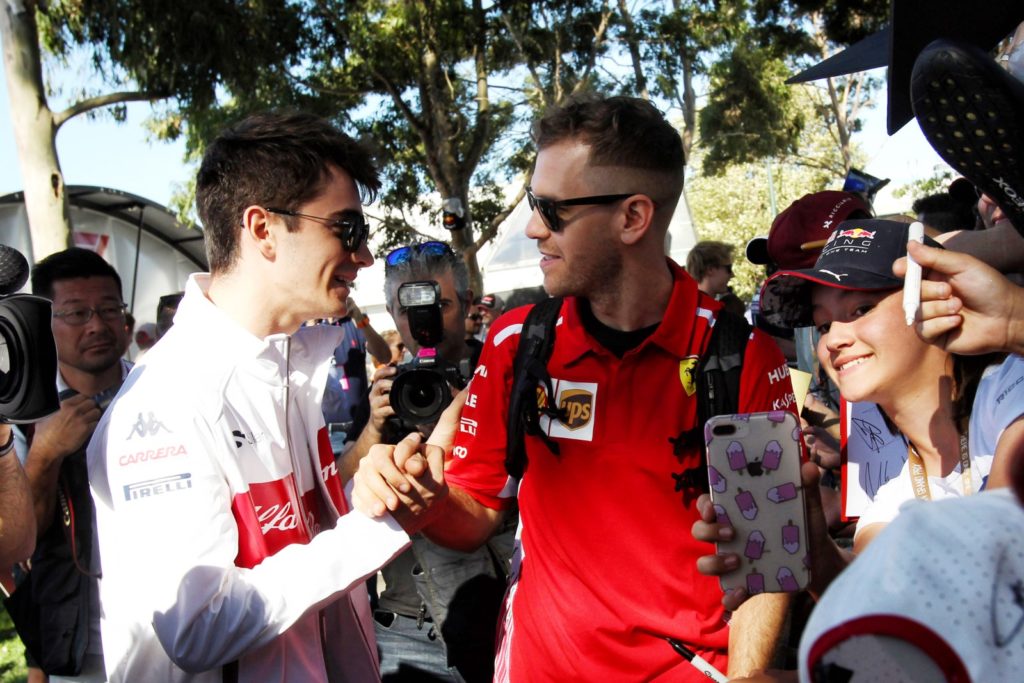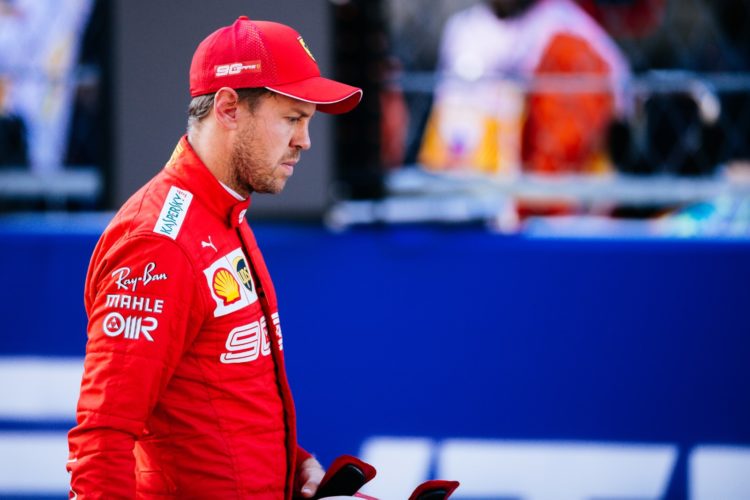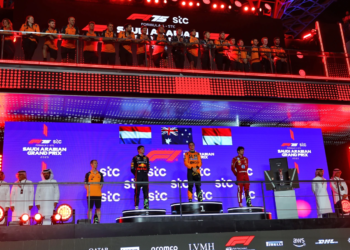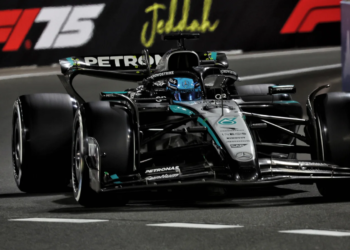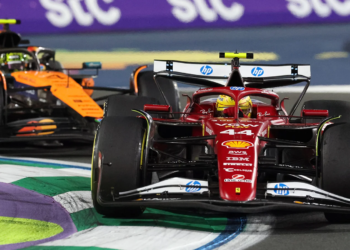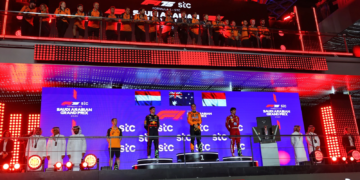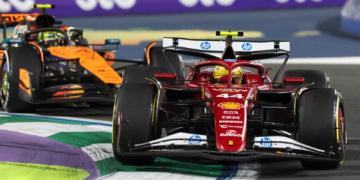When Sebastian Vettel joined Ferrari for 2015 there were ostensibly parallels made with his childhood hero Michael Schumacher. Here was the union of one of the most successful drivers with the most distinguished team in Formula 1 history. But while there were highs the parties never managed to reach the peak together. Motorsport Week looks at the primary reasons.
The driver
During the five years Vettel has been with Ferrari he has had a realistic title opportunity only twice – but on both occasions he played his part in the downfall of the challenge. In the ultra-tense battle with Lewis Hamilton Vettel lost points through his own intransigence in Azerbaijan and was dealt a hammer blow in the start collision in Singapore, for which he was largely culpable. He was also subdued in Britain and was out-duelled by Hamilton in Belgium, relinquishing further points. But if 2017 was disappointing then 2018 was worse. Vettel made errors in Azerbaijan and France but more costly was his crash from the lead on home soil in Germany. That led to a huge points swing towards Hamilton, which became insurmountable following more spins in Italy, Japan and the US. Further in-race errors in 2019 – spinning in Bahrain and Italy – did little to assist his cause. Through a spell across 2018/19 there was a period where he was making a race-defining error at every other grand prix. A Vettel mistake was no longer a shock. And that said a lot. There were some fabulous victories but also some dreadful lows that not only undermined his on-track prospects but also his off-track status and reputation.
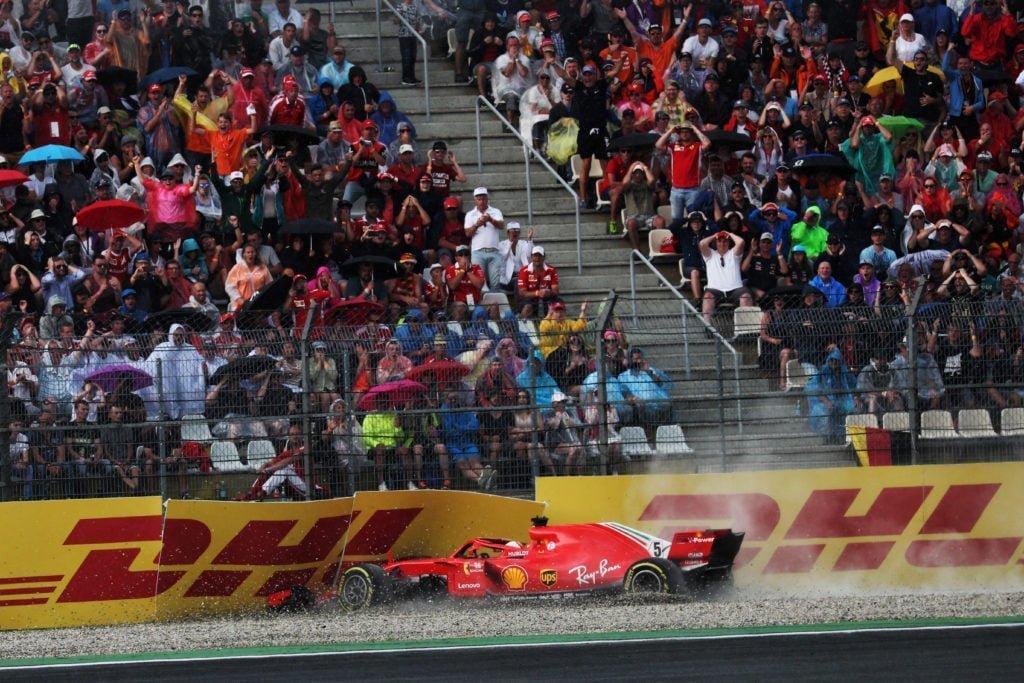
The cars
Throughout most of Formula 1 history the title has been won by the driver with the best car. It is not a slight on those who have lifted the title it is just the most likely outcome in the sport. Through his five years in red Vettel has never had the de facto fastest car across a season. In 2015 Ferrari improved upon its awful 2014 machine, but the car remained adrift of Mercedes, a situation which was replicated during a fairly dismal 2016 campaign. In 2017 Ferrari emerged with a credible package that was quickest at several venues, but had reliability glitches at pivotal moments, and in 2018 it also produced a car that was strong if not outstanding. But in both those years its development through the course of the campaign hit the occasional mis-step. In 2019 Ferrari promised much pre-season but its design concept left it hamstrung as it struggled dearly on high-downforce venues, even if its rapid (but suspicious) power unit left it indisputably ahead of Mercedes on straight-line speed for the first time in the hybrid era. Late season development aided Ferrari, and in particular Vettel, by which time title hopes were long since gone.
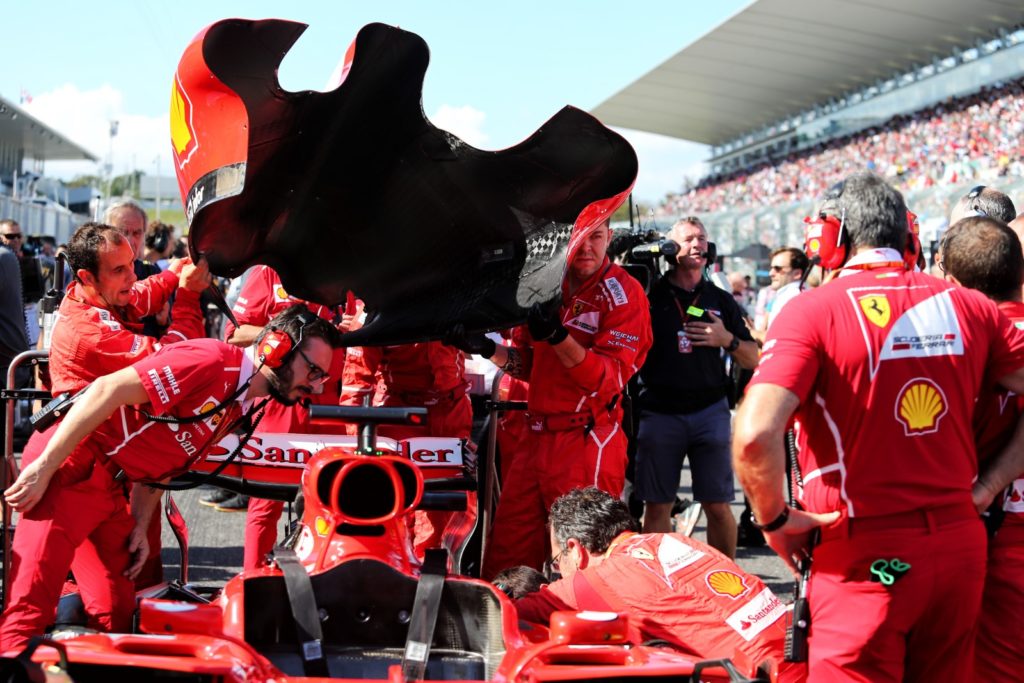
The team
Back in the early 2000s Ferrari had a formidable combination of personnel that led to the ‘dream team’ moniker being applied. During Vettel’s Red Bull career there was also a collection of talent that perfectly gelled: a strong boss in Christian Horner, a technical genius in Adrian Newey, a race engineer in Guillaume Rocquelin who knew how to read and treat his driver, and an owner in Dietrich Mateschitz who oversaw but did not interfere. At Ferrari Vettel never had such a structure. There were personnel reshuffles in crucial eras – some enforced through circumstance, others by choice – and a change in culture under different leaders that meant it was always a work-in-progress rather than the honed product. There were also on-track strategic blunders at pivotal moments. For example, not favouring Vettel during Q3 in Italy in 2018 was beyond baffling, leaving him second – rather than on pole – and more susceptible to Hamilton. Its tyre choice in Q3 in Japan the same year – leaving Vettel ninth on the grid – was also a huge mistake at a critical juncture. At times when Ferrari had to keep it simple they unnecessarily overcomplicated matters and were often out-foxed by Mercedes. More than once Vettel questioned strategic decisions over the team radio in a manner that suggested a lack of trust in those on the pit wall.
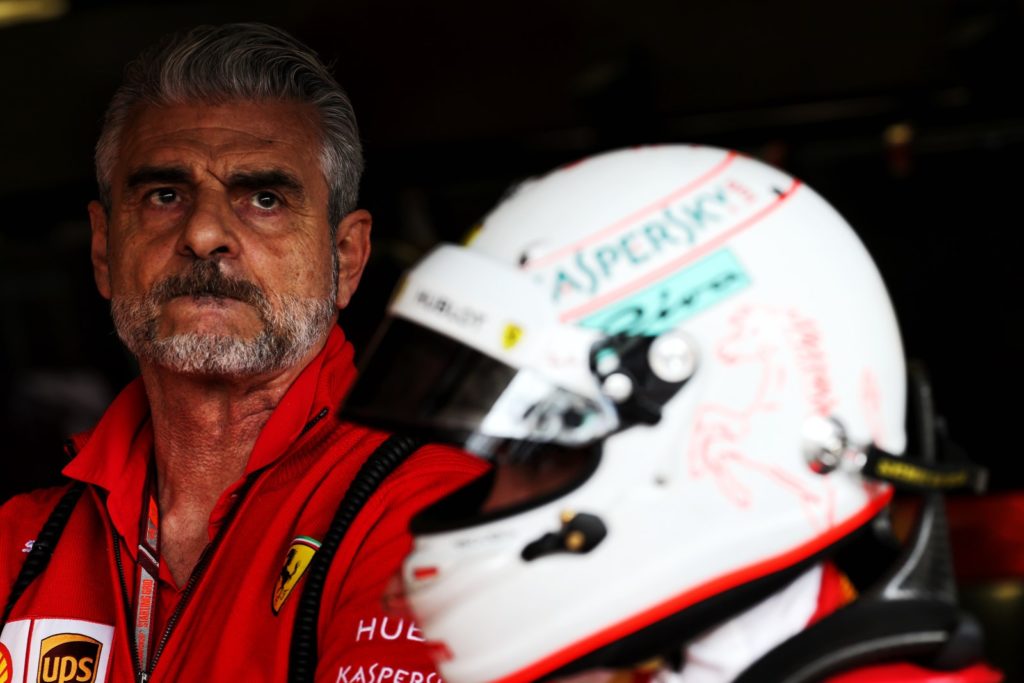
The rivals
Sometimes the strength of the opposition can define a participant as much as the participant itself. Several superb tennis players have not won Grand Slams because they have competed in an era containing Roger Federer, Rafael Nadal and Novak Djokovic. Liverpool missed out on the 2018/19 Premier League title because they had an exceptional Manchester City as their rival. Vettel’s Ferrari tenure came at the same time as Mercedes’ period of dominance. Mercedes has won six back-to-back Drivers’ and Constructors’ crown, a feat never before achieved in Formula 1. At the very top in Toto Wolff they have an outstanding boss, in James Allison an astute technical designer, and in Pete Bonnington a race engineer who has developed an exceptionally strong bond with perhaps the biggest asset of all: Lewis Hamilton. The Briton has gone from strength to strength through his Mercedes career and rarely makes a mistake. Hamilton’s relentlessness has earned him several victories that others would have missed, most prominently in 2018, courtesy of some exceptional performances in Germany, Italy and Singapore. Since Vettel joined, Ferrari has finished second in the championship four times from five, and third on the other occasion. The immense strength of the opposition undoubtedly exacerbated their own prospects.
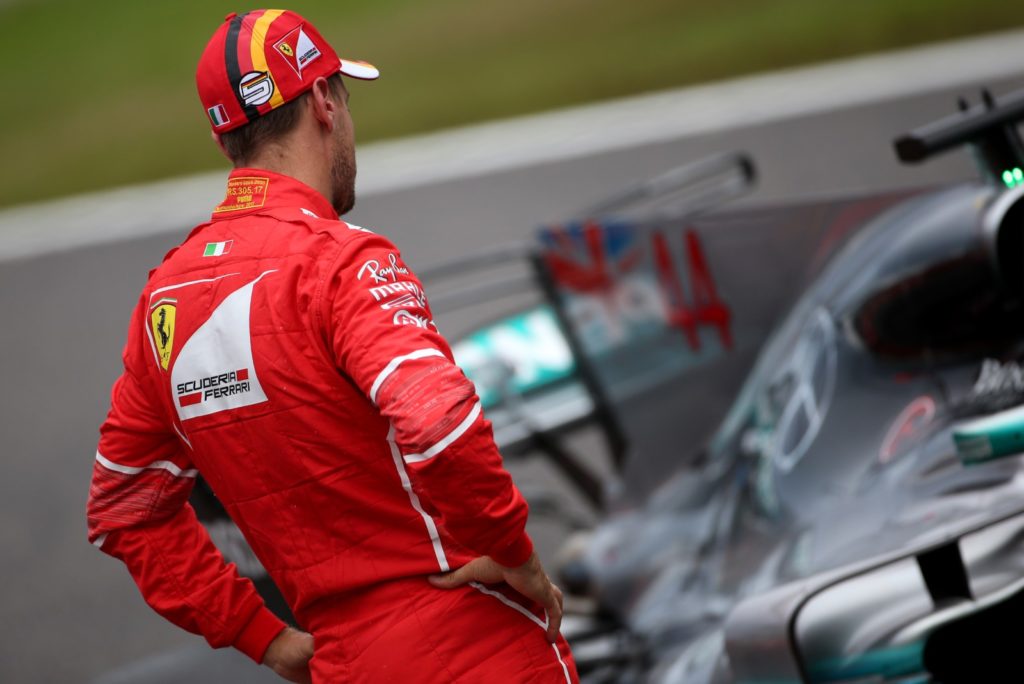
The rising star
In any sport the baton is passed from generation to generation, and Formula 1 is currently welcoming the next generation of talent. As soon as Ferrari recruited Charles Leclerc to its academy in 2016 it was clear that he was a long-term prospect. His GP3 and Formula 2 titles hurried his rise to Formula 1. His journey with Sauber in 2018 convinced then-Chairman Sergio Marchionne, whose untimely passing also rocked Ferrari, that Leclerc was worth a gamble for 2019. Those wishes were honoured. Leclerc hit the ground running and improved with each passing event, winning in Belgium, before taking a famous and long-sought victory on Ferrari’s home turf in Italy. There was tension with Vettel on- and off-track as Leclerc sought to assert his position, most famously colliding in Brazil, though an underlying respect remained. Nevertheless, the sands were shifting within the team and last December’s confirmation that Leclerc would stay through 2024 indicated where Ferrari had placed its long-term trust. When Vettel signed his last Ferrari deal in 2017 Leclerc was down in parc ferme cheering victories with the rest of the team. By 2019 he was the one being cheered.
